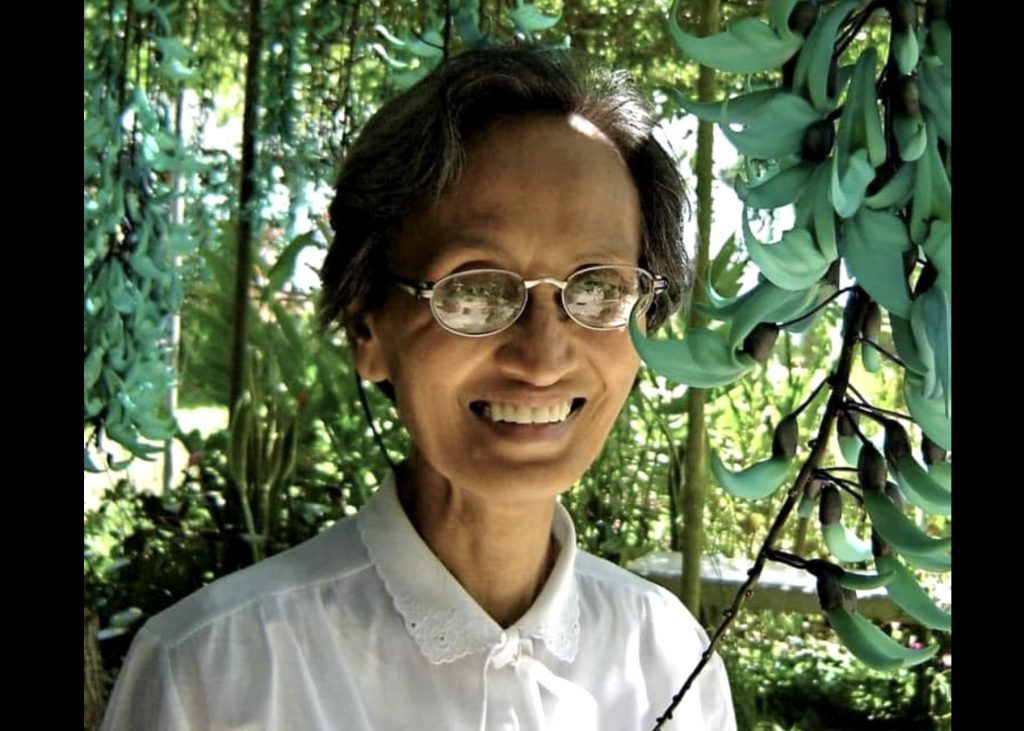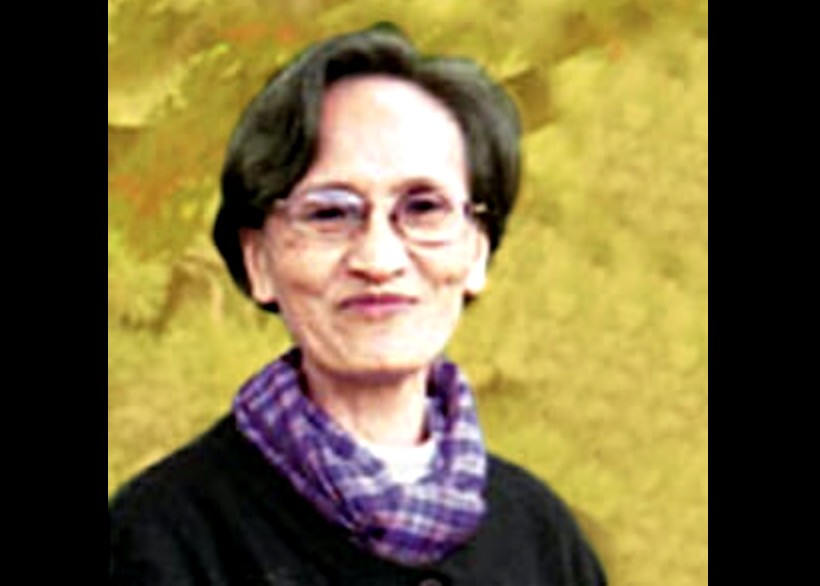Sister Mary Rosario Battung, a nun of the Religious of the Good Shepherd congregation whose work with the poor in the Philippines has been one of the inspirations of the 1984 movie “Sister Stella L,” died on Thursday, November 25. She was 78 years old.
The nun, an Ibanag from Tuguegarao, Cagayan, in the northern Philippines, who was also known as Sister Chayong, was born in 1943. She spent 53 years of her life as a religious.
After years of exposure to the various social ministries of the congregation, she entered the novitiate in Christchurch, New Zealand.
“Throughout her ministries, she has always preferred to be among the urban and rural poor, the neglected, and with those who have been deprived of their basic human rights,” read the congregation’s statement.
“While Sister Chayong worked with labor unions in Cavite (province), she also reached out to the urban poor in Tondo (a poor district in Manila),” it added.
It said that in popular culture, the 1984 Philippine film “Sister Stella L” was based on her life, “but she herself would say the film is about activist nuns in general.”
“She was also active in fostering the understanding and development of feminism in the Philippines,” it added.
Sister Chayong would later immerse herself in the development of “hingalangin,” a form of prayer that is centered on Filipino understanding of mindfulness.
In 2015, the nun received an award from the Task Force Detainees of the Philippines for her significant contributions and accomplishments for the cause of human rights in the country.

Carmelite priest Christian Buenafe, executive secretary of the Conference of Major Superiors in the Philippines, shared his memories of the nun.
“[Sister Chayong] is a consecrated Good Shepherd sister who immersed herself and lived with the simple and poor people of God in the various pastoral ministries of the Church,” the priest told LiCAS.news.
He said the nun “journeyed with [the poor] in their quest and hope for justice, peace, unity and abundance in life.”
He described Sister Chayong as “deeply spiritual, pastoral, practical and holistic in her lifestyle, theology, spirituality and ministry.”
“Every time we meet, she calls me ‘Toots I will call you Christian,’ and by all means I would respond ‘Yes, Sister Mary Rosario,’” said the priest.
He recalled that he first met Sister Chayong in Butuan City in the mid-80s during a summer course offered by the Socio-Pastoral Institute in Mindanao on “indigenous spirituality.”
The nun taught “indigenous spirituality,” Asian forms of prayer, Zen meditation, among others at the Inter-Congregational Theological Center in Quezon City.
“Thank you very much for what you have done to me, to us, to the Church, and society,” wrote Father Buenafe.
A study done by Filipino-American author Mina Roces in 2008 named Sister Chayong among Catholic nuns who contributed to the understanding and development of feminism in the Philippines.
During the early years of the dictatorship, the religious nun worked with labor unions in the province of Cavite and later reached out to the urban poor community in Tondo, Manila.
The Religious of the Good Shepherd congregation invited the faithful to join them in prayer “as we commit to our Shepherd God the soul” of Sister Chayong.
A private wake at the Good Shepherd Convent in Quezon City will be held while a Mass of the Resurrection will be celebrate on November 28 at 10 in the morning. Inurnment follows at the Good Shepherd Columbary.







